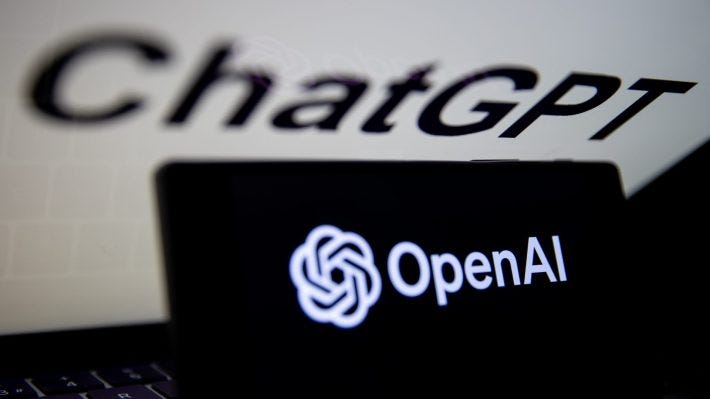
- Indices
- Stocks
OpenAI opens first Asian office in Tokyo
Do you want to know how to make money from this?
Register for free and get expert advice, access to a training course and webinars.
Key points:
- Startup OpenAI opened its first Asian office in Tokyo.
- Some Japanese companies, such as SoftBank and NTT, are already actively investing in the development of large language models.
- Japan’s Nikkei index lost 1%.
Microsoft-backed artificial intelligence startup OpenAI opened its first Asian office in Tokyo on April 15, marking the start of its long-term partnership with Japan.
In his video message, OpenAI CEO Sam Altman emphasized that opening an office in Tokyo is just the first step in a long-term partnership with Japan. He expressed hope for fruitful cooperation with the Japanese authorities, the business community and research institutions in the development and implementation of artificial intelligence.
OpenAI extension
This month, OpenAI CEO Sam Altman and COO Brad Lightcap gave a series of business presentations to hundreds of executives from Fortune 500 companies in the US and UK. This event became part of the company’s strategy to expand its presence in the Asian market.
The decision to open an office in Tokyo was made last year after Altman met with Japanese Prime Minister Fumio Kishida. OpenAI has previously opened offices in London and Dublin.
Japan sees artificial intelligence as a tool to improve its competitiveness against the backdrop of China’s growing influence, accelerating the digitalization of the economy and solving the problem of labor shortages.
OpenAI has already developed a language model adapted for Japanese. Tadao Nagasaki, former president of Amazon Web Services in Japan, has been appointed head of the company’s Japanese division.
Although Japan generally lags behind advanced countries in technology, some local companies, such as telecom giants SoftBank and NTT, are already actively investing in the development of large language models.
OpenAI’s clients in Japan include automaker Toyota Motor, Daikin Industries and a number of government agencies.
Asian markets decline
Asian stock markets were lower and gold prices rose on Monday. Investors have become more cautious amid heightened geopolitical tensions in the region following Iran’s retaliatory strike on Israel.
The MSCI Asia ex-Japan index .MIAPJ0000PUS, which covers a broad range of stocks in the region excluding Japan, fell 0.7%. The decline came after Iran launched explosive drones and missiles into Israel on Saturday evening. This was in response to an alleged Israeli airstrike on the Iranian consulate in Syria on April 1.
Rising geopolitical tensions have negatively impacted investor sentiment in Asia. Japan’s Nikkei index (.N225) lost 1% and Australia’s S&P/ASX 200 index (.AXJO) was down nearly 0.5%.
Investors are seeking protection in gold, which is traditionally seen as a safe-haven asset during periods of instability. The price of gold rose 0.5%, reaching its highest level in two weeks.
Geopolitical tensions are expected to remain the focus of investors’ attention in the coming days.
Do you want to know
How to make money from the news
Register for free and get:
- Expert consultation;
- Access to the training course;
- Opportunity to participate in webinars

